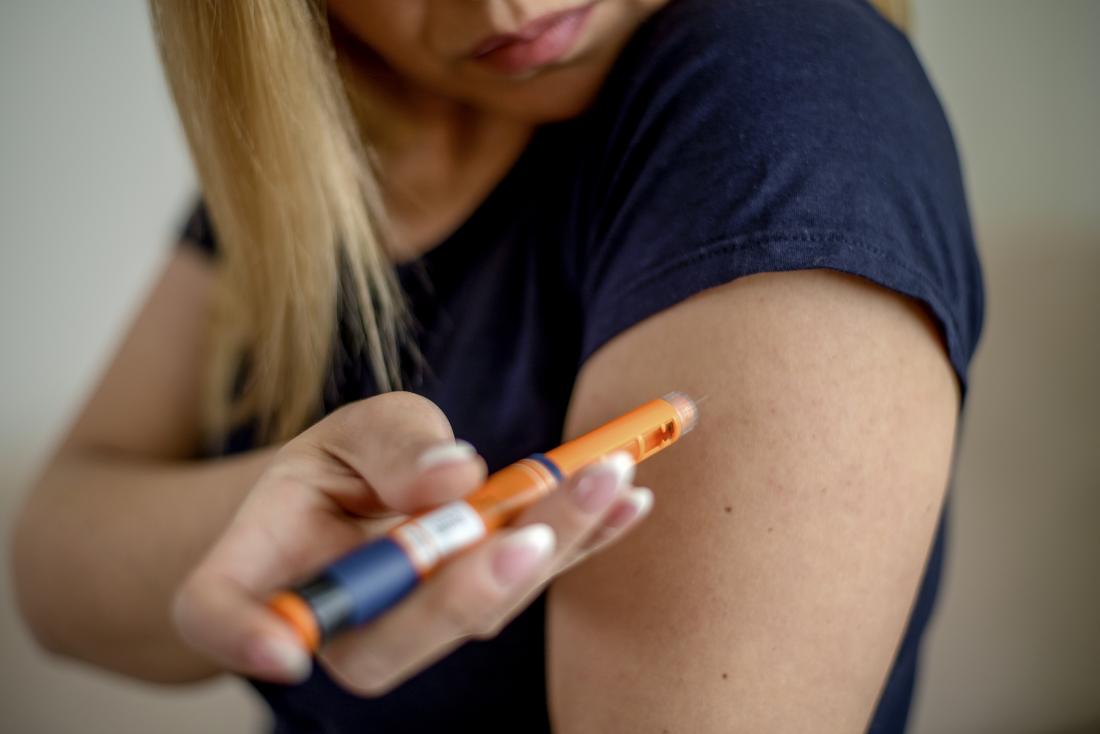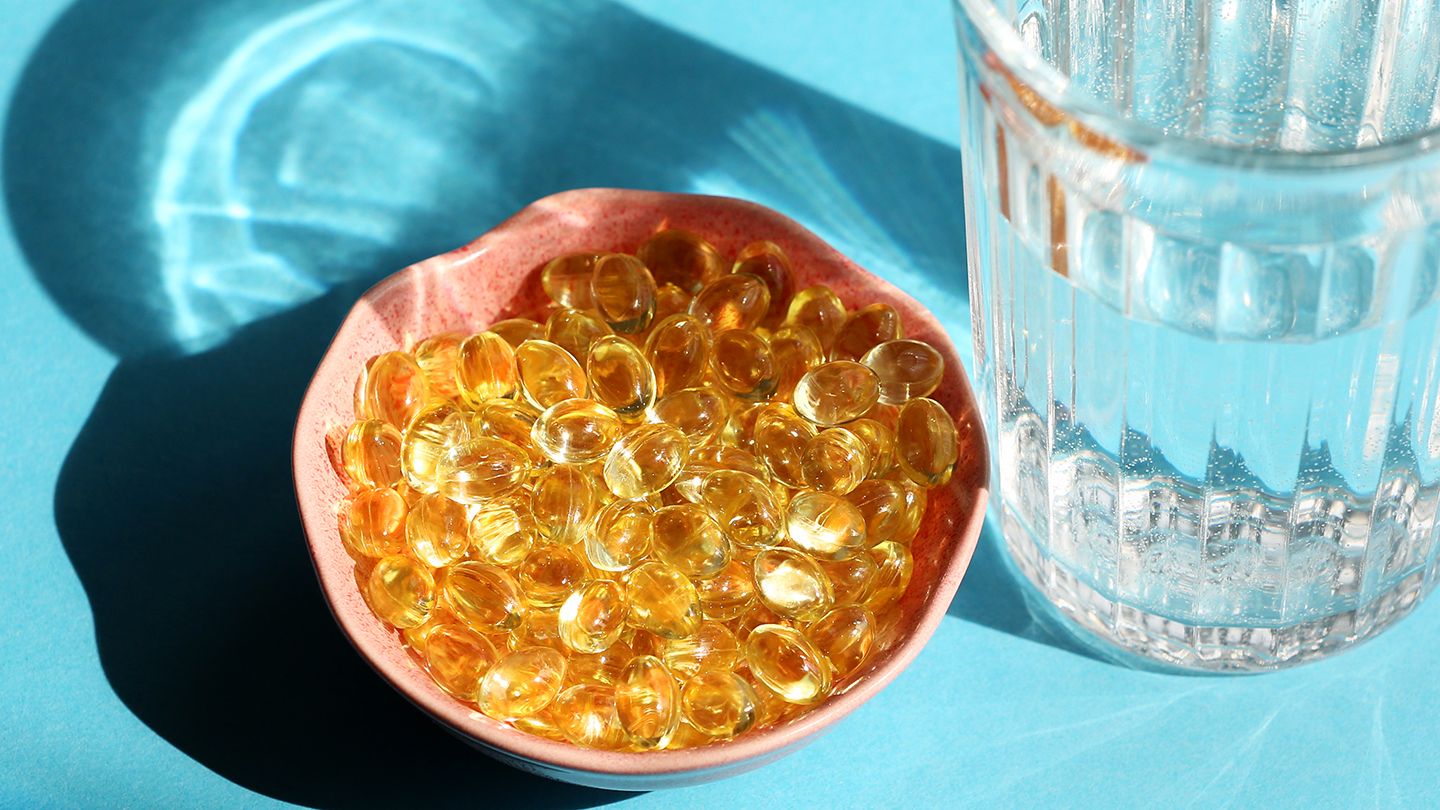Stay Healthy and Happy this Summer: Your Ultimate Pharmacy Guide
As the temperatures rise and the sun shines brighter, summer brings a wave of excitement and outdoor activities. However, it’s essential to prioritize your health and well-being during this season. In our latest blog post, we’ve compiled a comprehensive guide to help you make the most of your summer while ensuring you stay healthy and happy. From sun safety to travel health tips, we’ve got you covered.
Sun Safety Essentials: Protecting Your Skin
- Explore the importance of sunscreen: Choosing the right SPF, application tips, and reapplication frequency.
- The role of hats, sunglasses, and lightweight clothing in shielding yourself from harmful UV rays.
- After-sun care: A guide to soothing and moisturizing sun-kissed skin.
Travel Health Tips: Your Go-To Checklist
- Packing your travel pharmacy: Must-have medications and first aid supplies for your summer adventures.
- Staying hydrated on the go: Tips for maintaining proper hydration levels, especially in warmer climates.
- Motion sickness remedies and strategies for a smooth travel experience.
Beat the Heat: Staying Hydrated and Healthy
- The importance of staying hydrated: Tips for increasing water intake and recognizing signs of dehydration.
- Foods that keep you cool: A list of hydrating fruits and vegetables to include in your summer diet.
- Beating the summer bugs: How to avoid common seasonal illnesses.
Summer Fitness: Staying Active Safely
- Outdoor exercise tips: Making the most of the summer weather for your fitness routine.
- The importance of proper hydration and nutrition for active individuals.
- Choosing the right supplements to support your summer workouts.
- Beating the summer bugs: How to avoid common seasonal illnesses.
Allergies and Ailments: Managing Summertime Health Challenges
- Addressing seasonal allergies: Identifying triggers and managing symptoms.
- The importance of proper hydration and nutrition for active individuals.
- Dealing with common summer ailments: Sunburn, insect bites, and more.
- Over-the-counter remedies: Stocking up on medications to address common summer health issues.
This summer, make your health a top priority with our comprehensive pharmacy guide. Whether you’re lounging by the pool, embarking on a road trip, or hitting the hiking trails, these tips will help you stay healthy, happy, and ready to make the most of the sunny season. Remember, Blakes pharmacy is here to support you with all your summer health needs. Cheers to a safe and enjoyable summer!






